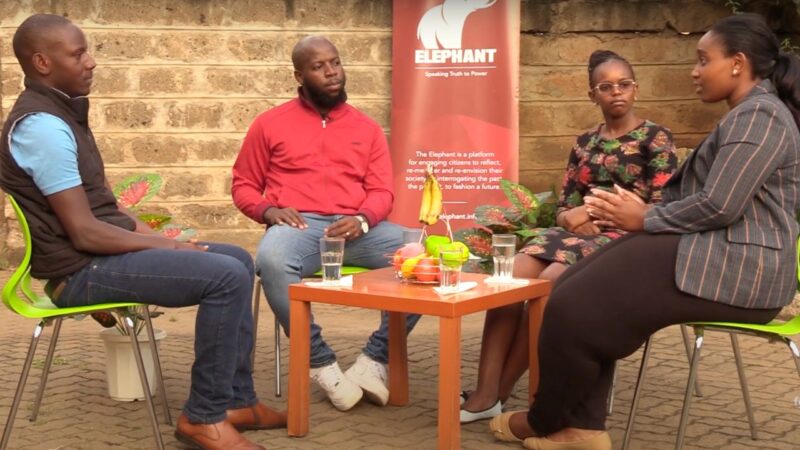Expensive Poverty: Why Aid Fails and How It Can Work
Africa has received $1.2-trillion in development assistance since 1990. Even though donors have spent more than $1 000 per person over these 30 years, the average income of sub Saharan Africans has increased by just $350. The continent has very little to show for this money, some of which has been consumed by the donors themselves, much of it by local governments and elites. There must be a better way to address the poverty pandemic.
Expensive Poverty is focused on answering the trillion-dollar question: why have decades of spending had such a small impact on improving the lives of the poor? Whatever the area of aid expenditure – humanitarian, governance, military, development – the overall intention should be the same: to try to reach the point that aid is no longer necessary.
Expensive Poverty lays out how to get there.


